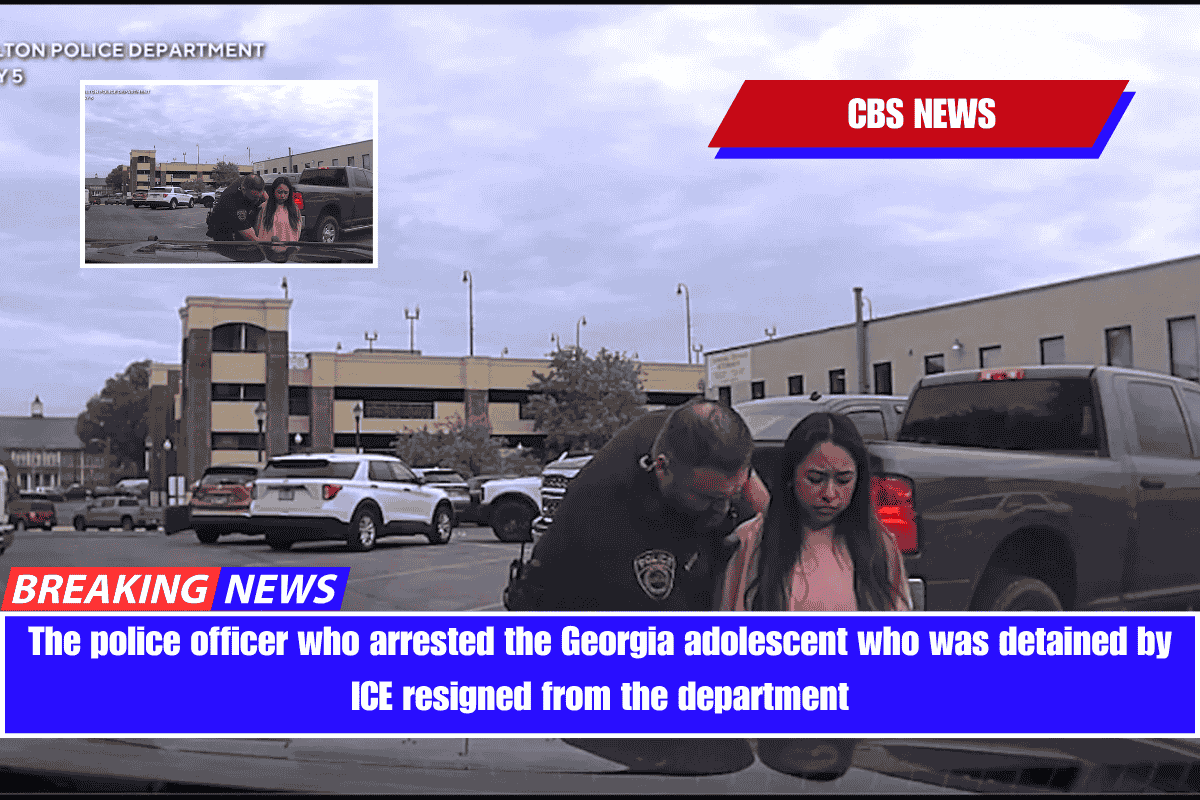Plaintiffs challenging the Trump administration over the use of a war authorization to deport suspected gang members cautioned that failing to prohibit the president from using it would mean treating anybody as an enemy alien.
In an appeal court filing on Tuesday, attorneys representing Venezuelan migrants challenging the government said that “the implications of the government’s position are staggering.” If the President may designate any group as enemy aliens under the Act, and that designation is unreviewable, there is no limit on who can be transferred to a Salvadoran jail, nor on how long they can stay there.”
Those subject to the 1798 Alien Enemies Act may be immediately arrested, imprisoned, and deported without the due process rights established in US immigration law, such as the right to see a court and seek asylum. Instead, they may be considered as enemy aliens and subject to America’s wartime laws. President Trump used the act on Saturday, sending two aircraft carrying suspected Tren de Aragua gang members to a jail in El Salvador.
In a hearing on Saturday, D.C. U.S. Chief District Judge James Boasberg banned their deportation, sparking an instant appeal from the Justice Department.
On Tuesday, an Immigration and Customs Enforcement officer provided additional information about the Trump administration’s deportation flights of alleged gang members, but he maintained that the government had the right to reject a judge’s order directing the planes to return to the United States, even if they were already in the air.
According to a sworn declaration by Robert Cerna, the acting field office director of ICE’s enforcement and removal operations, the two planes “departed U.S. territory and airspace before 7:25 p.m.” on Saturday, 40 minutes after D.C. District Chief Judge James Boasberg verbally ordered the planes’ return to the United States during a hearing Saturday evening.
The administration repeated on Tuesday that since the aircraft were over foreign seas and airspace when the court ordered them to turn around, Boasberg no longer had jurisdiction over the migrants.
Attorneys for the Trump administration also claimed in a Monday hearing that Boasberg lacked power to divert the jets because the judge did not issue a written order requiring the planes to return to the United States. The court stated that his injunction extended to all aircraft, no matter where they were in the air.
Cerna said that the government’s use of the Alien Enemies Act to justify the deportation of accused Tren de Aragua members was signed Friday evening, a day before the White House formally announced the flights Saturday.
His testimony is part of a court-mandated series of replies to Boasberg, who was irritated by the government’s failure to provide specifics on the planes and deportation operations during Monday’s hearing. The other responses Boasberg sought are likely to stay confidential due to “operational issues,” according to a Justice Department counsel, who declined to submit this material to the court publicly.
These facts are expected to include if further aircraft have departed the United States with accused Tren de Aragua gang members, a schedule of when the flights took off and arrived in El Salvador, and a list of the group’s surviving members in US custody.
Cerna’s sworn evidence did not include all of this information, but he did state that 54 members of Tren de Aragua are in custody in the United States, and about 172 are on the non-held docket, which indicates they are not being detained by the government while their immigration processes are ongoing. There are also around 32 people in criminal custody who have current detainers, which means that ICE has requested that they be kept for up to 48 hours beyond their planned release.
Despite Boasberg’s order, 261 individuals were deported to El Salvador on Saturday, including 137 taken under the Alien Enemies Act for suspected gang affiliations, according to a senior administration official.
Five Venezuelan males in immigration prison in Texas and New York county jails filed a federal civil complaint against President Trump and other government officials.
Boasberg’s decision halts the deportation of the plaintiffs and refugees for 14 days.


















Leave a Reply